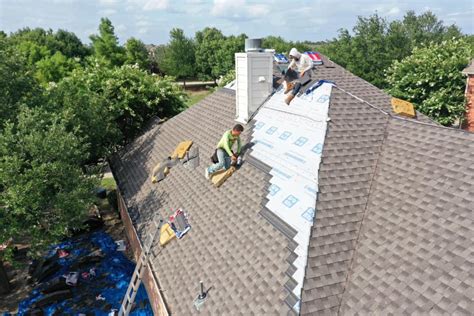A roofer is responsible for repairing, replacing, and installing roofs on residential homes or commercial buildings consisting of tile, shingle, or coated roofing systems. A roofer performs pre-inspections before starting a task, inspects roofs to determine if an opportunity exists, the proper repair path to resolve the issues, and ensures the required tools and equipment are adequate for the job. She/he skillfully measures and cuts project materials to ensure that any material used is properly trimmed appropriately to tightly fit along the edges of the roof, replaces any roofing foundation segments such as sheathing boards or trusses, and makes sure the roof is weatherproofed using caulk, shingles, asphalt, mortar, and other methods.
To achieve a successful roofing endeavor, one must arrive on site, set up ladders, scaffolding, and other temporary structures, as these tools enable one to perform all needed roofing work safely. After the roof installation is complete, the roofer should remove any excess material and waste to return the site to safe and secure conditions. Some required qualities for optimal achievement as a roofer include a profound knowledge of roofing, dedication to construction safety, adequate knowledge of waterproofing, physical fitness and stamina, effective communication, interpersonal, and customer service skills.


